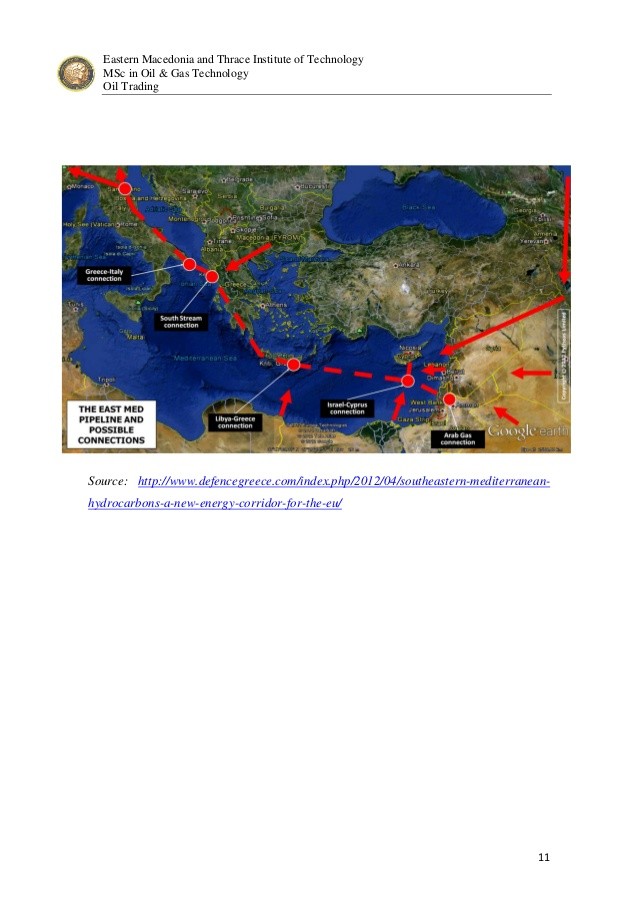EU Update Cyprus Still Has Options
Post on: 27 Июнь, 2015 No Comment

A Magazine Published by CME Group
EU Update: Cyprus Still Has Options
Everyone knew that the Cyprus bailout would be difficult, but few expected this tiny island to undermine the euro area so significantly.
On March 19, Cyprus became the first country to stand up to the so-called troika of international lenders (the EBC, IMF and European Commission) and reject a bailout offer. To be clear, the potential consequences of its bravado are dire for Cyprus. The country has until June to redeem its next government bond, but could face financial collapse before then. If this happened, the only way to save its banks and its economy would be to print money and leave the euro area.
None of Cyprus political parties are in favor of Cyprus abandoning the euro, and luckily the small island has other options. It seems likely the ECB will step in to buy Cyprus some time by stemming the inevitable bank run in Cyprus once banks reopen for business. One way to do this is with more capital controls. The second is for the ECB to offer even more emergency liquidity assistance (ELA) to Cyprus to plug the gap from deposit flight and finance the bank run.
These measures will keep Cypriot banks on life support, but the tiny island still needs a bailout. The original bailout deal involved 10 billion euros in loans from the troika. These loans are still on the table, but Cyprus must find at least seven billion euros more to meet all of its financing needs.

The best option would be for the Cypriot government to accept that it has succeeded in scaring off wealthy, Russian investors and they will pull their deposits and capital regardless of the size of the levy imposed on them. Cyprus should impose a much larger levy on these big, uninsured deposits than originally proposed, and leave the insured depositors untouched. So far, the Cypriot government remains stubbornly protective of its status as a tax haven. so this option is far from a foregone conclusion.
Another option is for Cyprus to go back to the troika to ask for an additional seven billion euros. The troika is very likely to reject such a request because it would make Cyprus sovereign debt burden unsustainable.
A third source for funding is Russia. Russian support could not come in the form of a loan because, like additional troika funding, that would render Cyprus debt burden unsustainable. But Russia might offer cash in exchange for gas exploration rights or a naval base in the Mediterranean. The latter is particularly important for Russia given that its only naval base in the region is currently in Syria and risks being shut down.
It is not too late for Cyprus to cobble together a deal to alleviate its immediate financial and fiscal woes. Throughout the euro area crisis, most analysts have focused their concern on the larger peripheral countries of Spain and Italy given the systemic risk they pose to the entire region. Accounting for less than 0.2 percent of euro area GDP, however, Cyprus has just proven that as far as the euro area is concerned, size does not always matter.














